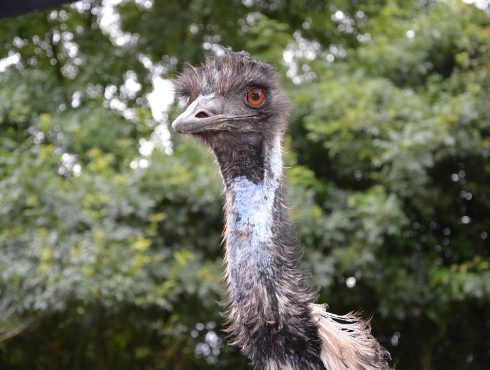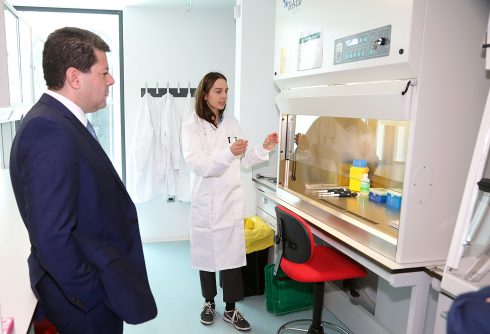ONLY 5% of Spain has developed immunity from COVID-19.
According to health minister Salvador Illa, it means the country has yet to develop any significant form of so-called ‘herd immunity’.
The figure has come from the first set of results from a nationwide study that began on April 27 and which has tested more than 60,000 people across around 30,000 homes.
Health experts are attempting to create a coronavirus incidence map and are carrying out three waves of testing, with a 21-day break between each round.
The fact that only 5% were found to have antibodies means the country is a long way away from the desired herd immunity which would allow for an aggressive de-escalation of lockdown restrictions.
According to the National Sero-Epidemiological Study, headed up by minister for science Pedro Duque, just 2.3 million people in Spain have immunity, out of a population of 47 million.
It means that in the absence of a vaccine or effective treatment, the country can only control the pandemic via social distancing, restrictions on free movement and extra hygiene protocols.
The first data to come from the study, being called ENE-COVID, shows that there are large differences among the regions and provinces.
In Ceuta, Murcia, Melilla, Asturias and the Canary Islands, less than 2% of people have developed immunity, while in the likes of of Castilla-La Mancha and Madrid, that figure exceeds 10%.
In the Balearics, just 2.4% have developed anti-bodies for COVID-19, rising to 4.4% in the province of Malaga.
Click here to read more Spain News from The Olive Press.








